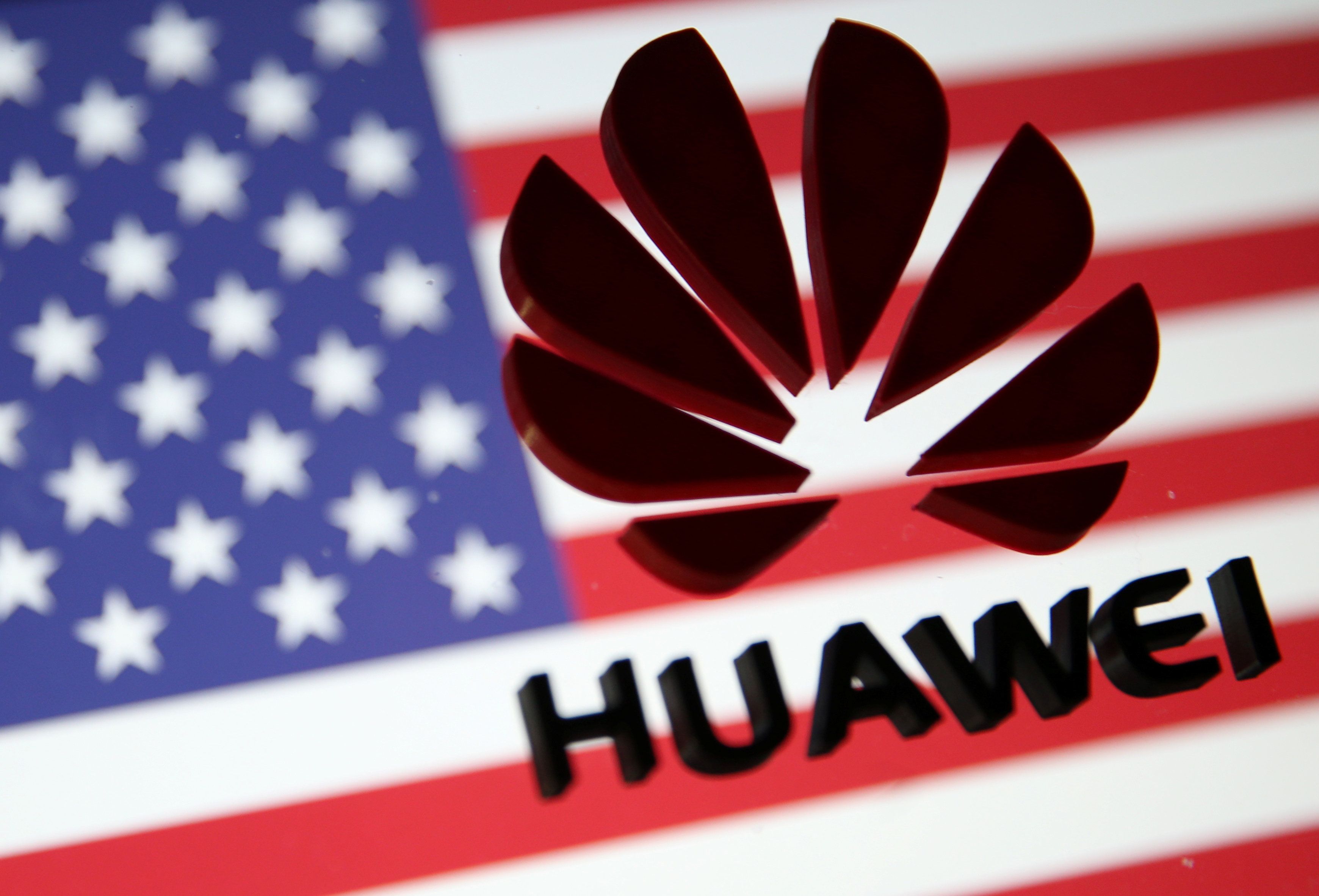President Donald Trump again dramatically escalated the stakes in the US-China rivalry on Wednesday with a move that made headlines in the US while landing like a grenade in Beijing.
The US Commerce Department announced yesterday that Huawei, China's leading tech company and already the source of major controversy, has been added to a list that prevents US tech suppliers from selling to Huawei without a license. That's even more important than the executive order, also published yesterday, that bans US telecom companies from using Huawei equipment.
It's possible this order won't be fully implemented. Maybe it's just one more leverage point that President Trump hopes will help him get a good deal from China to end the trade war between the two countries. Or maybe the order will go forward, but licenses will be granted that allow sales to Huawei to continue.
But placing Huawei on this list is essentially a death threat against a company that Beijing hopes will give China a competitive edge in the global race to develop the 5G communications technology that will enable everything from more advanced smartphones to smart cities. If Huawei can't buy from US hardware and software suppliers, it can't upgrade its own systems or conduct routine maintenance. It's a blow for virtually all of Huawei's products and its global network of customers.
Once again, the world awaits a response from China to the latest broadside from the US president and wonders how big a setback this is for talks to end the US-China trade war.
